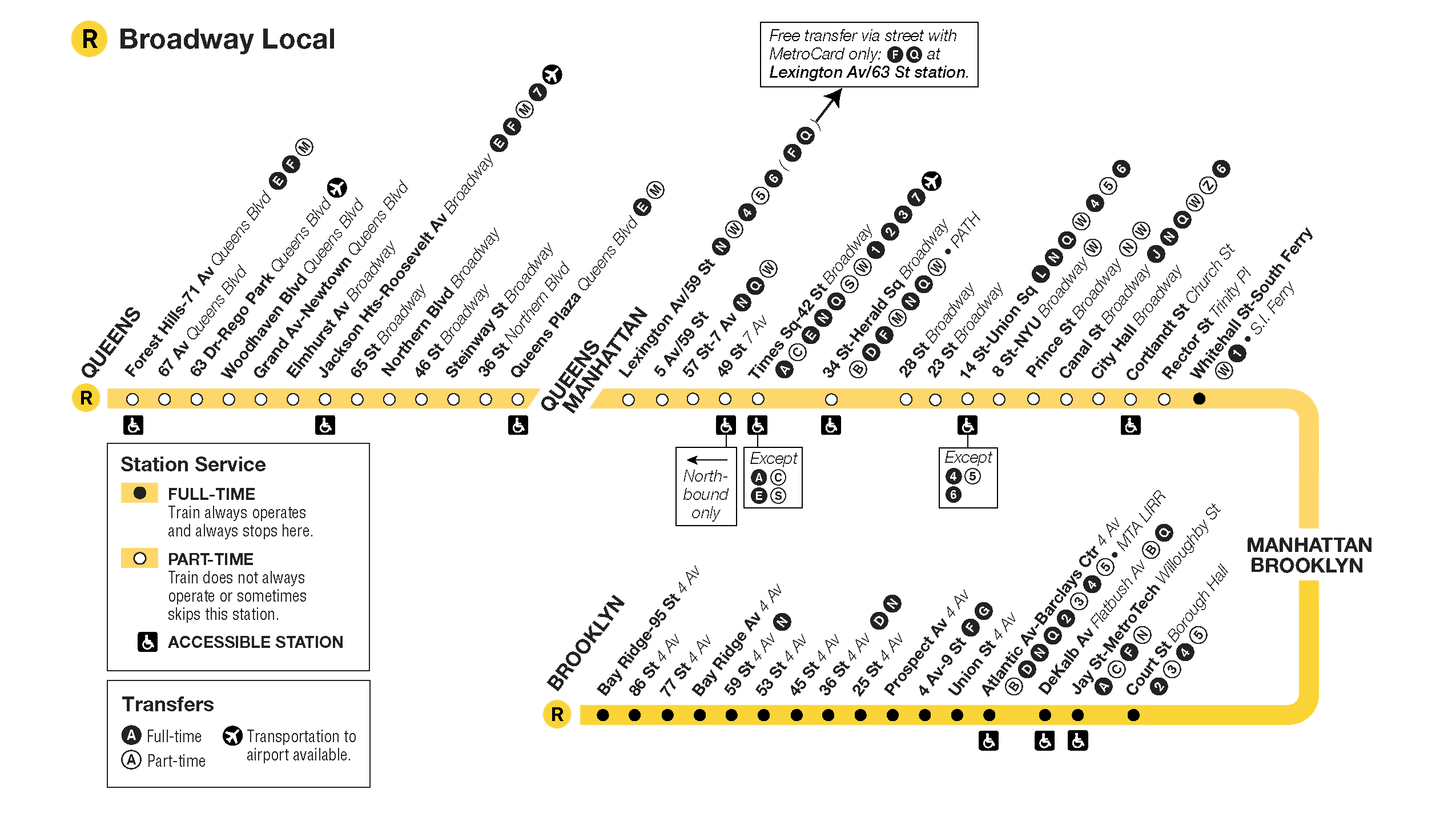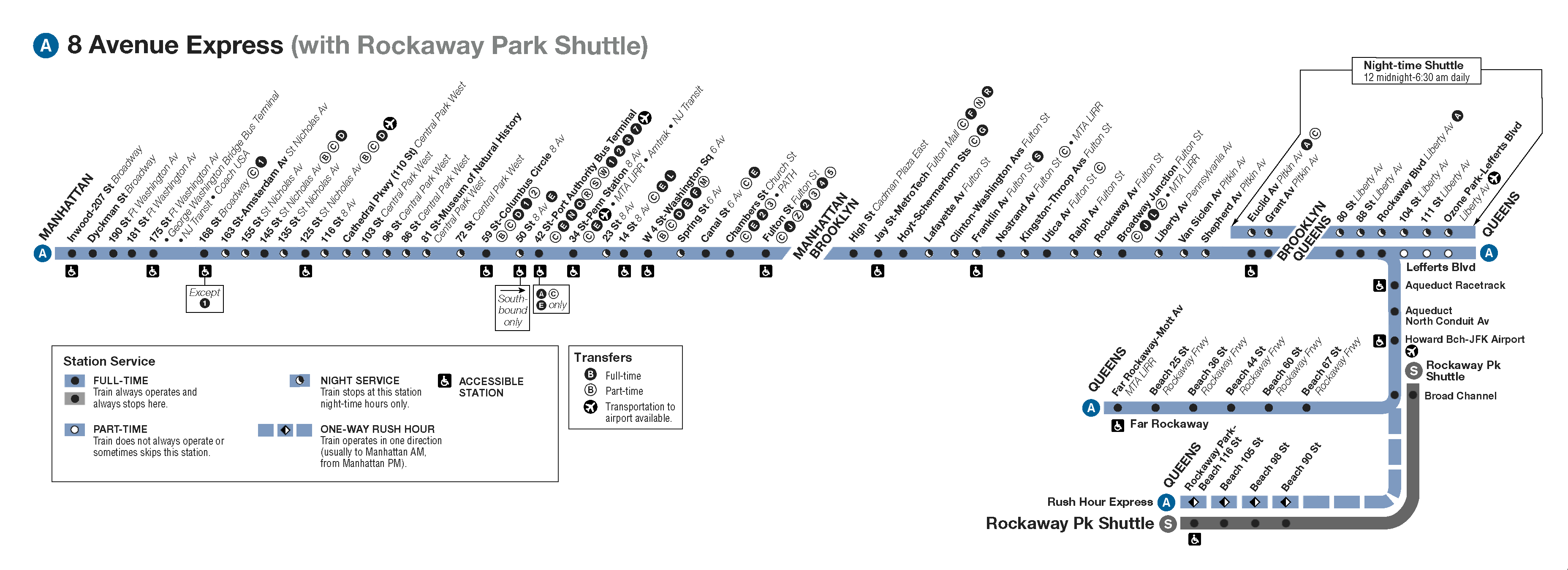A Train Stops: Understanding The Phenomenon And Its Impact
So, you're probably wondering why a train stops. It’s one of those questions that pop up when you're stuck on a delayed train, staring at the ceiling, wondering what's going on outside. A train stops can happen for various reasons, and trust me, it’s not just about mechanical issues. From technical glitches to safety protocols, there’s a lot more to it than meets the eye. So, let’s dive in and explore why a train stops and how it affects you, the passenger.
Now, before we get into the nitty-gritty details, let’s address the elephant in the room. Trains are supposed to move smoothly from one station to another, right? But sometimes, they don’t. When a train stops unexpectedly, it’s not just inconvenient—it can be frustrating, especially if you're running late for an important meeting or catching a flight. Understanding why trains stop can help you plan better and maybe even give you some peace of mind next time it happens to you.
And hey, don’t worry, I’m not here to bore you with technical jargon. We’ll break it down in simple terms, so even if you’re not a train enthusiast, you’ll still get the gist. So, buckle up (if trains had seatbelts), and let’s explore the world of train stops together.
- Weihnachtsmarktfeeling Zuhause Champignons Wie Vom Profi
- Nebelgefahr Wo Pltzlich Nebel Auftritt Amp Was Tun
Why Does a Train Stop? Let’s Break It Down
Alright, so why does a train stop? There are several reasons, and they’re not all bad news. Sometimes, it’s for your safety, while other times, it’s just one of those things that happen. Let’s take a look at some of the most common reasons why a train might stop:
1. Safety Protocols and Emergency Situations
Safety always comes first, and trains are no exception. If there’s any suspicion of danger—like an object on the tracks, a signal malfunction, or even a health emergency onboard—the train will stop immediately. This is to ensure the safety of everyone involved. It might seem inconvenient, but trust me, it’s better to be safe than sorry.
2. Mechanical Issues and Maintenance
Trains are machines, and like any machine, they need maintenance. Sometimes, a train stops because of a mechanical issue that needs fixing. It could be something as simple as a door malfunction or as complex as an engine problem. Either way, the train crew will work quickly to resolve the issue and get you back on track.
- Simple Brawl Apk Download Amp Infos Update 2024
- Wetterchaos Am Flughafen Zrich Aktuelle Infos Prognosen
3. Weather Conditions
Weather can play a big role in train operations. Heavy rain, snow, or even fog can cause delays and stoppages. For example, if the tracks are slippery due to rain, the train might need to stop to avoid skidding. Extreme weather conditions are unpredictable, but train operators are trained to handle them safely.
What Happens When a Train Stops?
So, now that we know why a train stops, let’s talk about what happens next. When a train stops, the conductor and train crew will usually make an announcement to inform passengers about the reason for the delay. They’ll also provide updates as more information becomes available. In the meantime, you can use this time to catch up on your reading or scroll through social media. It’s not ideal, but it happens.
1. Passenger Communication
Communication is key, especially when you're stuck on a train. Train operators understand that delays can be frustrating, so they try their best to keep passengers informed. Announcements are made regularly, and in some cases, written updates are displayed on screens inside the train. If you have questions, feel free to ask the train staff—they’re there to help.
2. Emergency Procedures
In the event of an emergency, train staff are trained to handle the situation professionally. They’ll follow strict protocols to ensure the safety of all passengers. If evacuation is necessary, they’ll guide you through the process step by step. Remember, staying calm is crucial in these situations.
How Often Do Trains Stop Unexpectedly?
Now, you might be wondering how often trains stop unexpectedly. The truth is, it depends on several factors, including the condition of the tracks, the age of the train, and the weather. In general, modern trains are designed to minimize unexpected stops, but they’re not completely foolproof. According to a study by the National Transportation Safety Board, about 5% of train delays are caused by mechanical issues, while 10% are due to weather conditions.
1. Statistical Insights
- 5% of delays are caused by mechanical issues
- 10% of delays are due to weather conditions
- 20% of delays are related to signal problems
These numbers might seem small, but when you’re the one stuck on a delayed train, it can feel like forever. That’s why it’s important to understand the reasons behind these delays and how they’re being addressed.
What Can Passengers Do During a Train Stop?
So, what can you do when a train stops unexpectedly? Well, the first thing is to stay calm. Panicking won’t help the situation, and it might even make it worse. Here are a few tips to help you make the most of your time:
1. Stay Informed
Listen to announcements and check for updates on your phone. Most train companies have apps that provide real-time information about delays and cancellations. Use this information to plan your next move.
2. Use the Time Wisely
Whether it’s catching up on work, reading a book, or chatting with fellow passengers, there are plenty of ways to make the most of your time. You might even meet someone interesting or learn something new.
How Are Train Stops Being Addressed?
Train operators are constantly working to improve their systems and reduce the number of unexpected stops. From investing in modern technology to implementing better maintenance schedules, they’re taking steps to ensure smoother journeys for everyone. Here are a few examples:
1. Advanced Technology
New technologies like automatic train control systems and real-time monitoring are being used to detect potential issues before they become problems. This helps reduce the number of unexpected stops and improves overall safety.
2. Regular Maintenance
Regular maintenance is crucial for keeping trains running smoothly. Train operators are investing in better maintenance practices to ensure that trains are in top condition before they hit the tracks.
Impact of Train Stops on Passengers
Train stops can have a significant impact on passengers, especially if they’re frequent or prolonged. They can cause delays in travel plans, missed appointments, and even stress. But it’s not all bad news. Some passengers use these delays as an opportunity to relax, read, or even meditate. It all depends on how you choose to look at it.
1. Emotional Impact
Let’s face it, being stuck on a train can be frustrating. But instead of focusing on the negative, try to see it as a chance to slow down and take a breather. You never know, you might even enjoy the ride.
2. Financial Impact
In some cases, train stops can have financial implications, especially if you’re traveling for business or work. That’s why it’s important to plan ahead and have contingency plans in place. Most train companies offer compensation for significant delays, so make sure to check their policies.
Conclusion: Embrace the Journey
So, there you have it—the ins and outs of why a train stops. While it might seem inconvenient at times, it’s important to remember that these stops are often necessary for safety and maintenance. By understanding the reasons behind them, you can better prepare for your journeys and make the most of your time on the train.
And hey, don’t forget to leave a comment or share this article with your friends. Who knows, you might help someone else understand why trains stop and how to handle it like a pro. Safe travels, everyone!
Table of Contents
- Why Does a Train Stop?
- Safety Protocols and Emergency Situations
- Mechanical Issues and Maintenance
- Weather Conditions
- What Happens When a Train Stops?
- Passenger Communication
- Emergency Procedures
- How Often Do Trains Stop Unexpectedly?
- What Can Passengers Do During a Train Stop?
- How Are Train Stops Being Addressed?

J line train stops fchac

no 2 train stops

2 line train stops